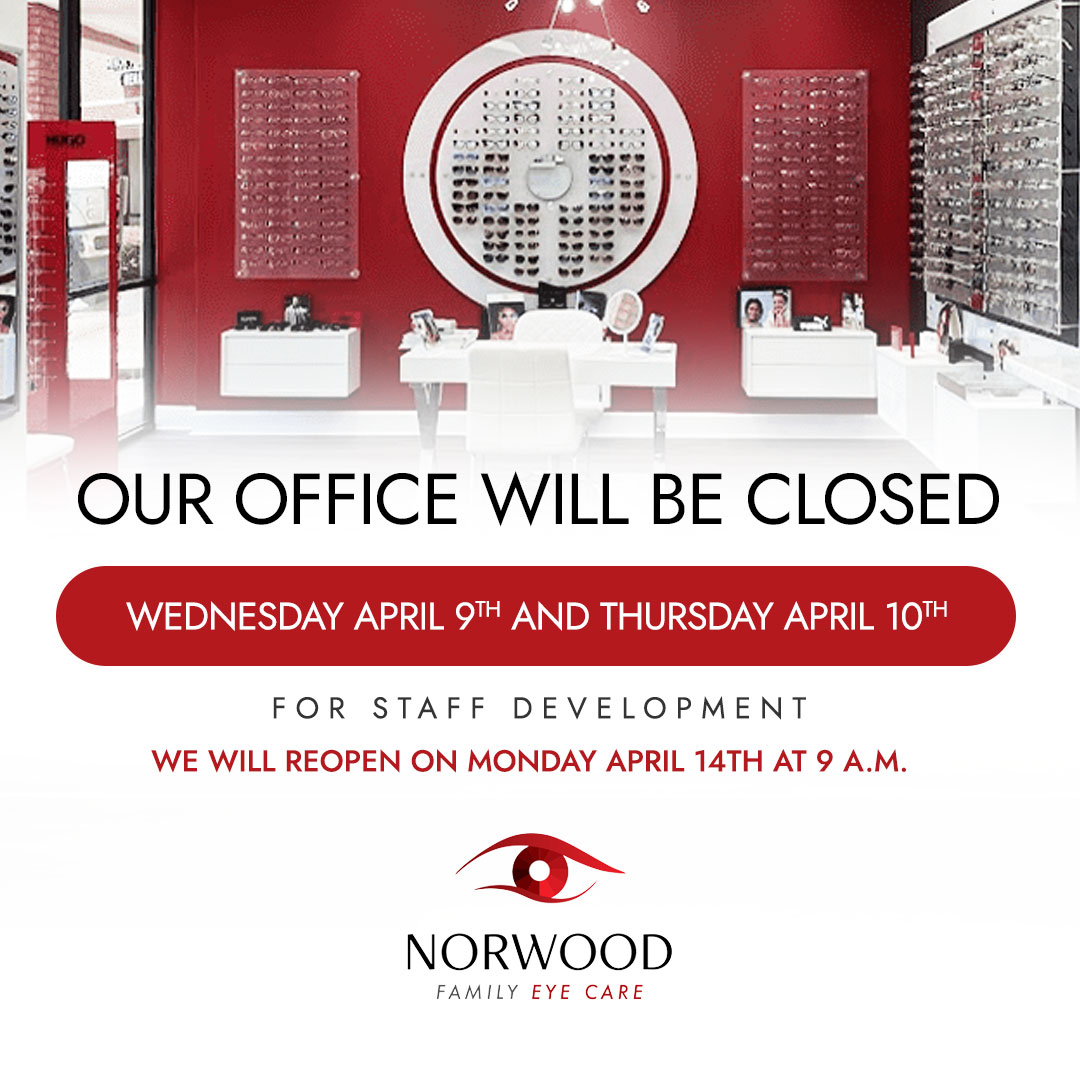
In our modern world, we are constantly surrounded by artificial light. One type of light that has garnered much attention in recent years is blue light. Emitted from digital screens such as smartphones, computers, and televisions, blue light has been the subject of numerous studies and discussions. While it is an integral part of natural sunlight, the concern arises from our increased exposure to it during the night from digital devices.
Blue light falls within a range of the light spectrum with a short wavelength, implying high energy. This light is not all bad; during the day, it boosts alertness, mood, and cognitive function. However, too much exposure, especially in the evening, can disrupt our sleep patterns.
Blue Light and Sleep
The human body operates on a circadian rhythm, a 24-hour internal clock that regulates our sleep-wake cycle. Light exposure, particularly blue light, plays a critical role in maintaining this rhythm. During the day, blue light exposure from the sun promotes wakefulness and alertness. But in the evening, exposure to blue light can delay the release of melatonin, a hormone that signals our body it's time to sleep.
Our digital devices emit substantial amounts of blue light, and using these devices in the evening can trick our bodies into thinking it's still daytime. This disrupts our natural sleep-wake cycle and can lead to difficulties falling asleep, poor sleep quality, and daytime fatigue.
Understanding the relationship between blue light and sleep is essential for managing our screen time and ensuring we get a good night's sleep. This is where blue light lenses come into play.
How Blue Light Lenses Work
Blue light lenses, also known as blue light glasses, work by filtering out a portion of the blue light emitted from digital screens. These lenses have a special coating that reflects or absorbs blue light, reducing the amount that reaches your eyes.
When you wear blue light lenses while using digital devices, especially in the evening, they can help maintain your natural sleep-wake cycle by reducing your blue light exposure. This can make it easier to fall asleep and improve your sleep quality.
Blue light lenses don't block all blue light, as not all blue light is harmful. They are designed to strike a balance, blocking the right amount to protect your eyes from digital eyestrain and sleep disruption without interfering with the beneficial aspects of blue light.
The Benefits of Blue Light Lenses
Using blue light lenses can offer several benefits, particularly for individuals who spend a lot of time in front of screens. One of the primary benefits is reducing digital eyestrain. By filtering out excess blue light, these lenses can alleviate symptoms such as eye fatigue, dry eyes, and blurred vision.
Another significant benefit is their potential to enhance sleep. By reducing our exposure to blue light in the evening, blue light lenses can help regulate our sleep-wake cycle and improve sleep quality.
Additionally, blue light lenses can potentially reduce the risk of certain eye conditions. Some studies suggest that long-term exposure to blue light could contribute to age-related macular degeneration. By filtering out blue light, these lenses may help protect against this and other eye conditions.
Scientific Studies on Blue Light Lenses and Sleep Enhancement
Several scientific studies have examined the impact of blue light lenses on sleep. A study published in the Journal of Adolescent Health found that teenagers who wore blue light lenses in the evening showed significant improvement in sleep quality and mood.
Another study in the Chronobiology International journal found that adults who wore blue light lenses a few hours before bedtime experienced better sleep quality and mood. They also showed reduced signs of digital eyestrain.
These studies suggest that blue light lenses can indeed enhance sleep, particularly for individuals who use digital devices in the evening.
Are Blue Light Lenses Worth It?
Given the potential benefits and the supporting scientific evidence, it appears that blue light lenses could be a worthwhile investment, especially for those who spend a significant amount of time in front of screens. They can help alleviate digital eyestrain, enhance sleep, and potentially protect against certain eye conditions.
It's also important to note that blue light lenses are not a cure-all solution. They should be used in conjunction with regular eye exams, good screen habits, such as taking regular breaks from screens, adjusting screen brightness, and avoiding screen use in the hour before bedtime.
If you're struggling with digital eyestrain or sleep disruptions due to screen use, blue light lenses might be worth a try. Visit Norwood Family Eye Care at our Bartlett, Tennessee office. Call 901-617-8095 to schedule an appointment today.











